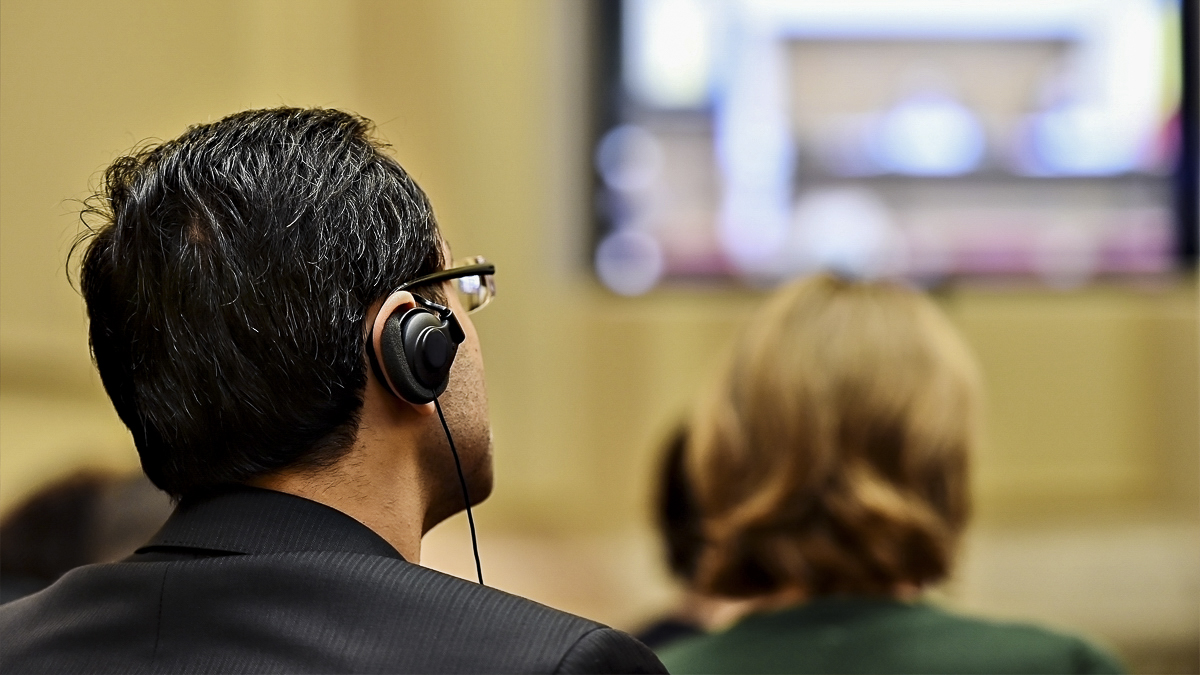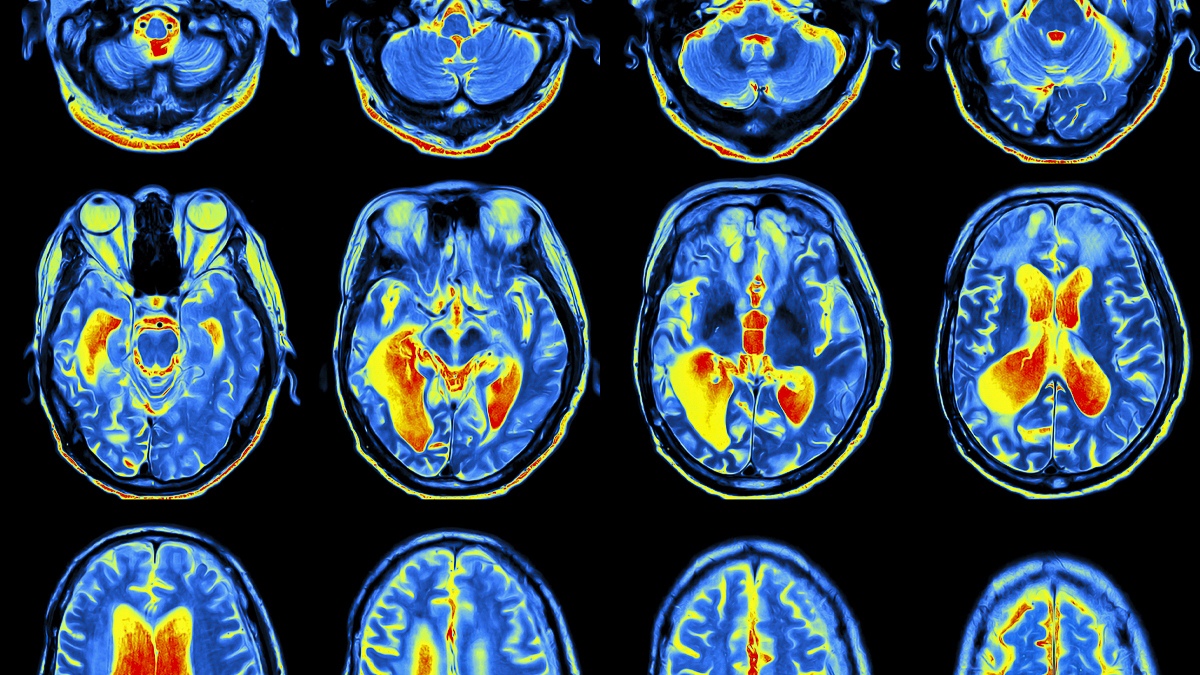Our expertise
These include migration, multilingualism, language acquisition, literacies, pedagogies and policies, intercultural contact, digital communication, linguistic landscapes, health communication, corporate discourse and surveillance.

Language analysis, acquisition and bi/multilingualism
This research is led by Professor Jane Setter, Professor Parvaneh Tavakoli, and Dr Fraibet Aveledo.
Academic literacies and language pedagogies
Language and social life
Language users, policies and politics
Research collaborations

Centre for Literacy and Multilingualism (CeLM)
Its work focuses on language and literacy in diverse linguistic mono- and multilingual contexts, including learners of English as an Additional Language (EAL).
CeLM investigates the development of language and literacy skills, both in typically developing children and those with special educational needs such as dyslexia, autism spectrum disorders and specific language impairment.
Language Studies Working Papers (LSWP)
The LSWP brings together contributions from staff and students in various schools across the University of Reading, in order to reflect a variety of perspectives on language-related research.
It covers areas such as academic literacy, discourse and sociolinguistics, phonetics and phonology, child language development and second language skills and processing.
Research that makes an impact
We are delighted to report that research by colleagues in the Department contributed to excellent results in several Research Excellence Framework (REF) units.
100% of our research in modern languages and linguistics is of international standing (REF 2021, combining 4*, 3* and 2* submissions – Modern Languages and Linguistics).
Our student research community
Our postgraduate research students range from recent graduates just beginning their careers to established industry professionals.
The Department offers a range of groups and activities for staff and research students to meet and share research work in their particular field, including the Applied Linguistics Circle, Language Studies Working Papers and annual Language Studies PhD Conference.
Our projects

Language and migration
Language in prison
Our links with HMP Huntercombe has given students the opportunity to perform research within a prison environment. Students' role as linguists was to help prisoners understand complex documentation given to them and provide the resources they needed to respond to the Home Office Immigration Enforcement (HOIE).
COVID-19 and Chinese students
Food labeling
COVID-19, migration and multilingualism
Dr Tony Capstick brings together refugee and migrant researchers enabling them to carry out research in their own communities about COVID-19. The research focuses on how migrants and refugees draw on their current networks to read, write and share information about the COVID-19 coronavirus and how they are adapting their teaching and professional lives to the move online.
The aim of the project is to identify how people use their existing language resources to do this and how they go about extending these resources by using translation, mediators and brokers when they share information.
Conflict in the Linguistic Landscape
This study, led by Dr Christiana Themistocleous, using British Academy funding, explores the significance of language in enhancing social cohesion, collaboration and trust in conflict-ridden borderline communities.
The island of Cyprus and Nicosia, its capital, have been divided by a UN-controlled buffer zone since the Greek/Turkish-Cypriot war in 1974. The conflict resulted in the decline of multilingualism in Greek and Turkish.
This study investigates the linguistic landscape of Nicosia by exploring the languages displayed on written public signs near the Greek-/Turkish-Cypriot dividing line. It also investigates how people who live, work and shop in this divided city experience and evaluate multilingualism in Greek and Turkish.
Validating international language tests
Professor Parvaneh Tavakoli’s research focuses on international tests of English language. Currently, using funding from Educational Testing Services, she is working on a project investigating the relationship between instruction and score gains in TOEFL ITP tests at a university context.
The longitudinal project examines the extent to which test scores reflect anticipated changes in underlying language ability as a function of learning and instruction. The findings will have significant implications for a range of users at university and policymaking levels, offering valuable evidence for a specific use of test scores in monitoring progress.
In previous projects funded by the British Council and the Global Academy, she has examined the validity of Aptis and TEEP tests of speaking leading to changes in rating descriptors and/or rater training materials.
Professor Tavakoli is also part of a large project funded by the British Council exploring the effects of digitally mediated instruction on teaching in English-medium universities.
Reading Internship Scheme (RIS)
The Reading Internship Scheme (formerly the Undergraduate Research Programme) provides exciting opportunities for undergraduates to undertake short-term paid internships with external organisations, as well as in University of Reading departments.
Reading Internship Scheme (RIS) offers a wide variety of internships across a multitude of sectors, including research internships with both our academics and external organisations. The scheme allows you to gain work experience and insight into different sectors, boosting your CV and preparing you for the working world.
All internships pay at least the National Living Wage, and run flexibly throughout the year – both part-time during the semester and full-time during the summer vacation.
Current projects
Our PhD students are currently involved in a range of projects across English Language and Linguistics.
Visiting scholars
Our visitors will have full access to the extensive research and library resources at the University, attend postgraduate modules and research seminars, and present their research to the Department.
They will also receive supervision from an experienced member of staff with similar research interests and expertise. As a visiting scholar or PhD student, you are usually charged a fee. Those who complete the MULT scheme will be issued a certificate of achievement.
Applied Linguistics Research Circle Weekly Talks
The University of Reading Applied Linguistics Research Circle Weekly Talks feature a range of scholars from world-renowned professors to postgraduate students sharing their work in progress. These weekly talks are open to all students and staff as well as interested parties from outside of University. They offer a great chance to discuss and debate contemporary issues with leading figures in the field.
Past speakers have included Professor Li Wei, Professor Bonny Norton, Professor Ben Rampton, Professor Jack C. Richards, Professor John Flowerdew, and Professor Jennifer Jenkins.

Our staff
Our staff are experts in their fields, giving you a wealth of knowledge, expertise and support at your fingertips.

Research stories

Our blog
Check our blog for the latest publications, conference papers and other research activities by staff in the Department of English Language & Applied Linguistics: